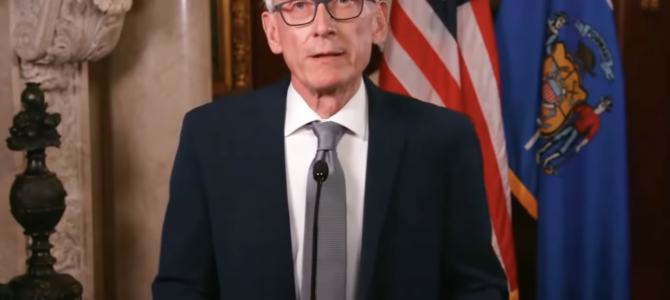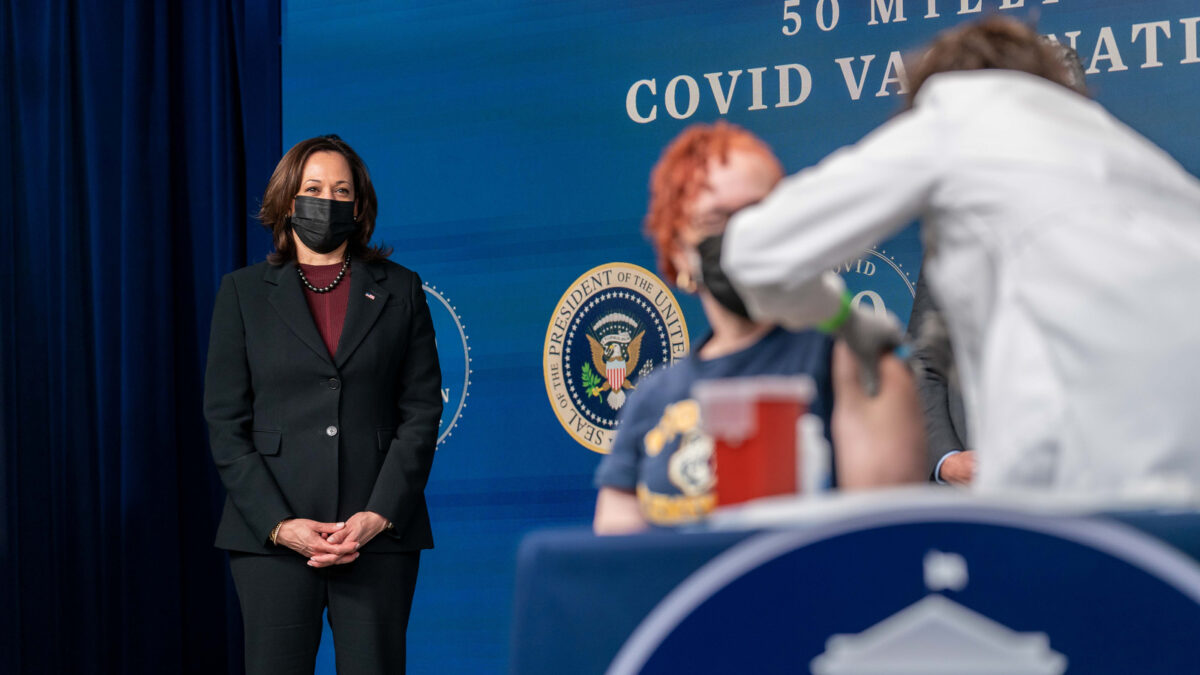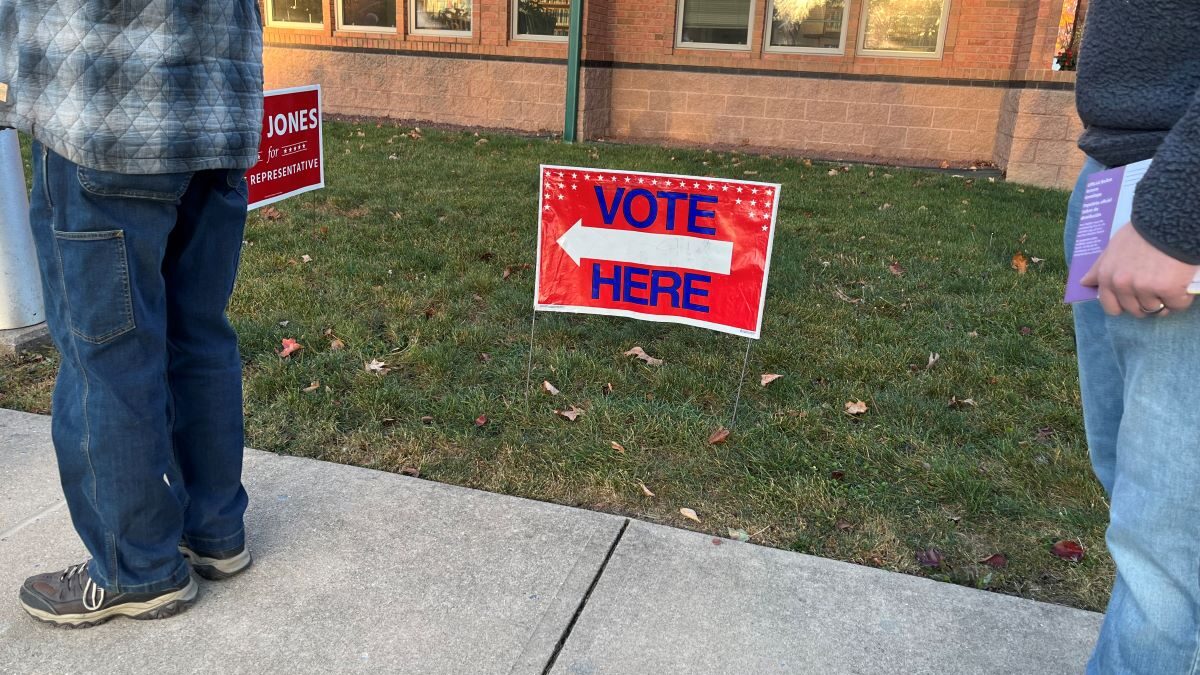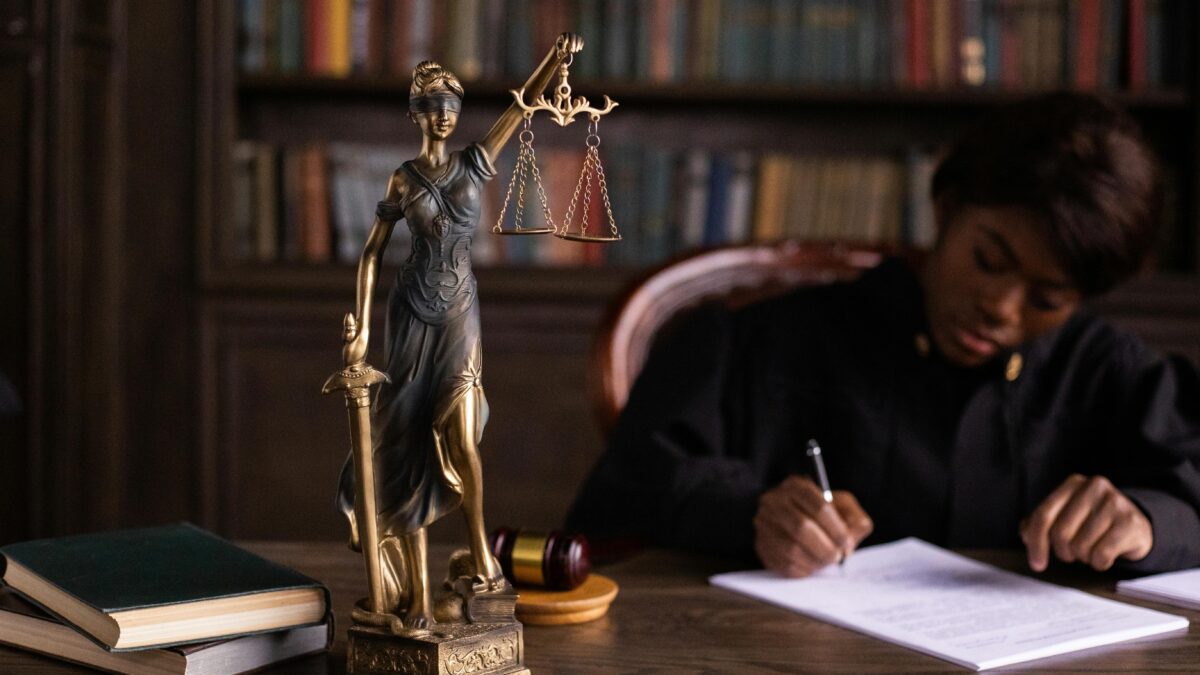The Wisconsin Supreme Court narrowly ruled against Gov. Tony Evers on Wednesday after it found that the Democrat exceeded his authority to impose and extend multiple COVID-19 emergency orders in violation of state law.
In a 4-3 ruling, the court stated that Evers unlawfully issued two COVID-19 emergency orders in July and September, including a statewide mask mandate, without the state legislature’s approval, a requirement outlined by Wisconsin statutes.
“The plain language of the statute explains that the governor may, for 60 days, act with expanded powers to address a particular emergency,” Justice Brian Hagedorn wrote in the majority opinion. “Beyond 60 days, however, the legislature reserves for itself the power to determine the policies that govern the state’s response to an ongoing problem. Similarly, when the legislature revokes a state of emergency, a governor may not simply reissue another one on the same basis.”
While the court’s dissent grumbled that the ruling adds “yet another roadblock to an effective governmental response to COVID-19, further jeopardizing the health and lives of the people of Wisconsin,” Hagedorn noted that “the question in this case is not whether the governor acted wisely; it is whether he acted lawfully.”
“The dissent, in contrast, spends considerable space discussing outcome-focused concerns. But our role is not to rule in favor of outcomes we like; it is to interpret and apply the law, whether we like it or not,” Hagedorn wrote.
The state supreme court previously ruled that Evers’s administration “overstepped its authority” with a statewide stay-at-home order and failed to consult state legislators about the decision to extend it. An appeals court also ruled against the governor’s statewide capacity limits on gatherings and in bars, restaurants, and stores.
In addition to facing multiple lawsuits over his pandemic conduct, Evers received backlash in April after the Wisconsin Department of Health Services said his newest order banned “all nonessential gatherings of 10 people or more” including church services. The governor quickly issued a press release to “reiterate” that “churches and religious entities are considered essential” and were allowed to operate in “parking lots with congregants staying in cars, avoiding person-to-person contact.”









